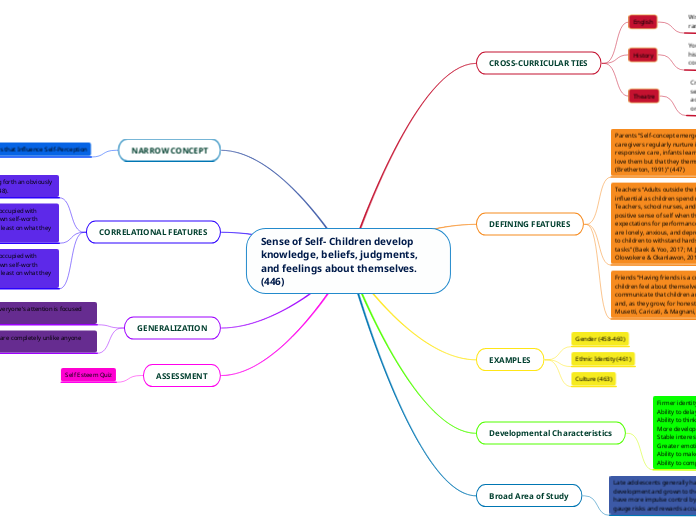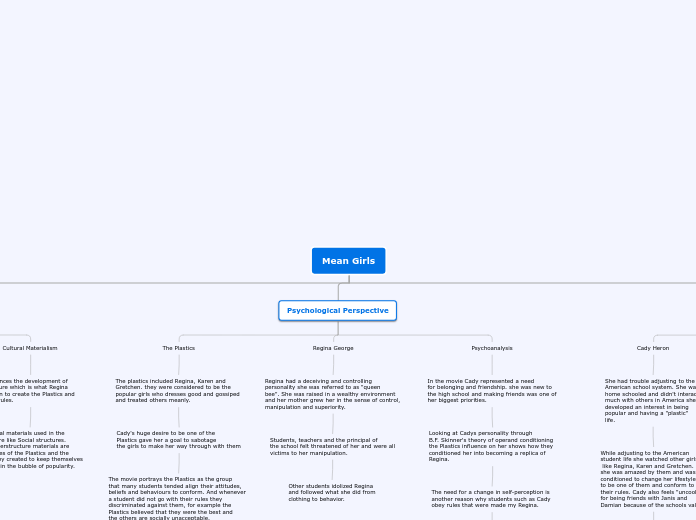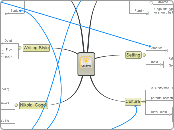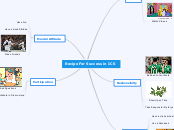realizată de Savanna Robbins 2 ani în urmă
184
Sense of Self- Children develop knowledge, beliefs, judgments, and feelings about themselves.(446)
Children develop a sense of self through their knowledge, beliefs, judgments, and feelings. This development is influenced significantly by the people around them. In a cross-curricular approach, theatre exercises can help children understand their identity by creating alter egos, while English assignments involving personal stories foster self-reflection.









